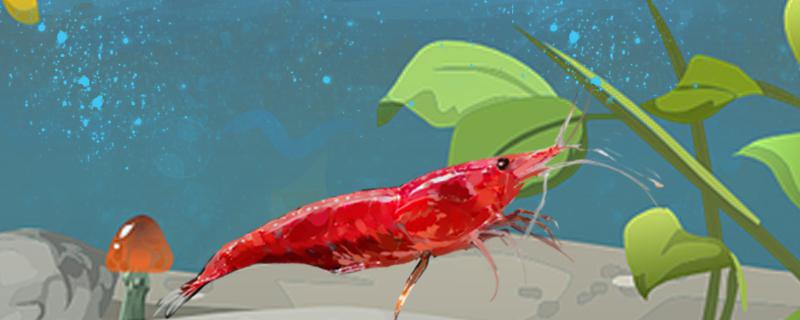
is Cherry Shrimp? Cherry Shrimp is freshwater shrimp. They do not grow naturally. Wild Cherry Shrimp mainly lives in Taiwan and parts of Southeast Asia. The color of cherry blossom shrimp is red, so it is also called rose shrimp and flame shrimp. Cherry shrimp have no feet, so they are not destructive, and their personality is relatively mild, so many breeders will breed a few in their fish tank to help fish clean up the impurities in the fish tank. Cherry shrimp has strong adaptability and miscellaneous feeding habits, so it is very easy to raise. Their favorite water temperature is 22-26 C. They can eat some fish food residues and algae on aquatic plants at ordinary times. They like neutral and clean water quality.
cherry shrimp? Cherry shrimp can be raised with tap water, but the tap water just produced contains chlorine, which is easy to harm their health, so it can not be used directly. Breeders need to expose the tap water to the sun for about 2 days before using it for cherry shrimp. If there is no oxygen pump in the fish tank, the breeder needs to oxygenate the water in advance to ensure that the dissolved oxygen in the water is sufficient. Cherry shrimp like clean water, breeders need to change water frequently, preferably 1-2 times a week, the amount of water each time should not exceed one third.